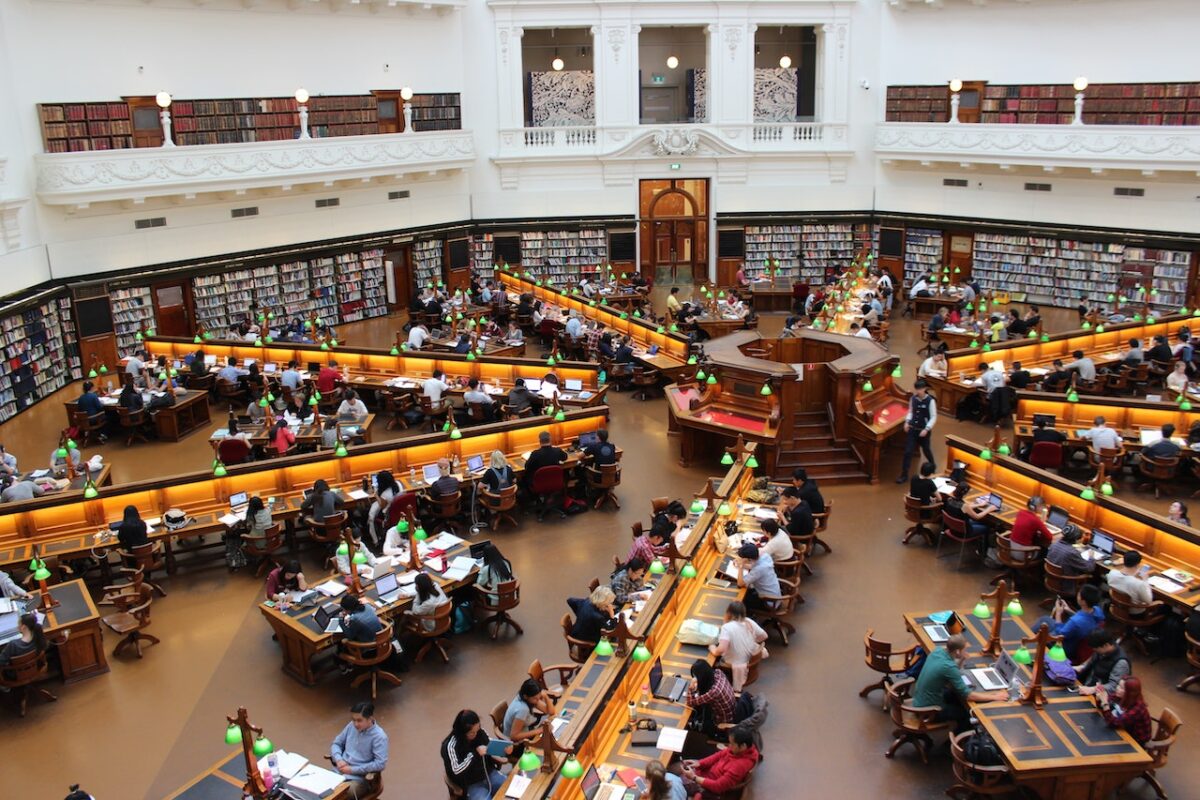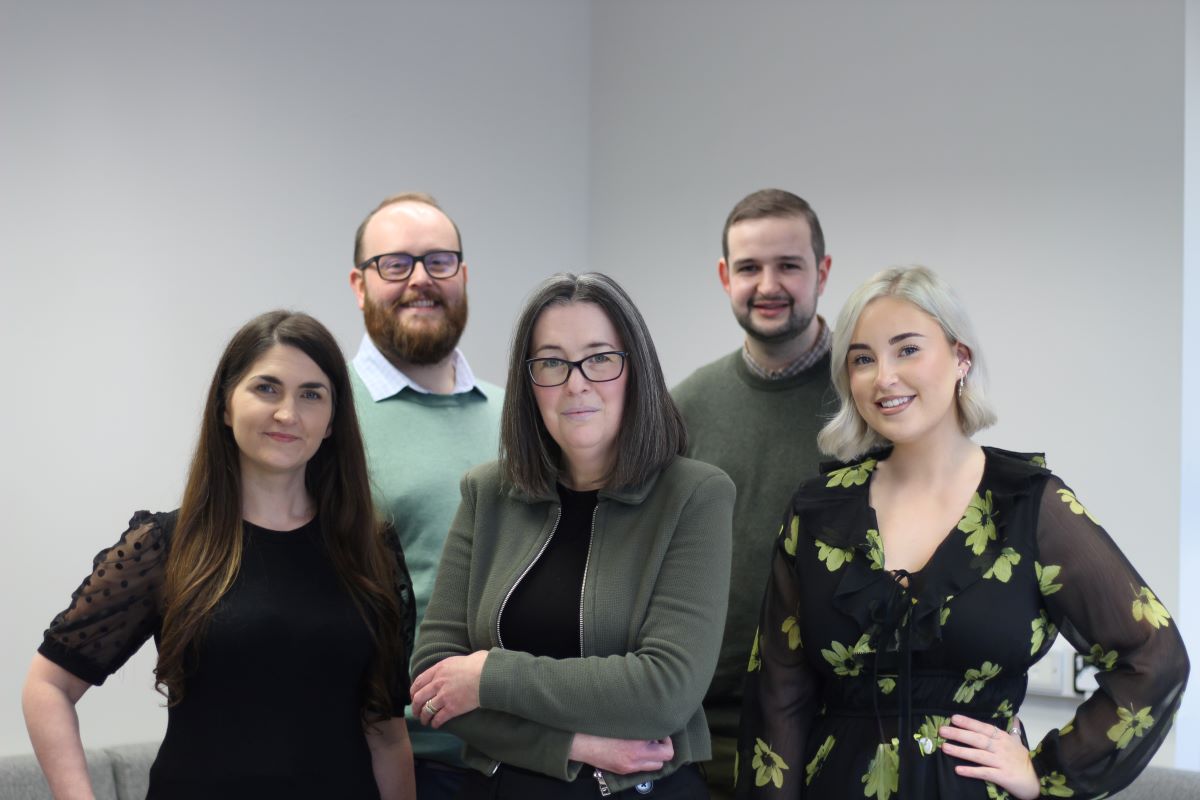Partner universities plan unique ‘handbook’ to drive progress of constitutional democracy in Ukraine

The University of Birmingham and Ivan Franko National University, Lviv (IFNUL) are strengthening their partnership with a new project to create a unique handbook for scientists, human rights defenders, and legal experts that will provide correct translations of English-language legal terms to support Ukraine’s development as a constitutional democracy.
Additionally, the University has also secured funding for a range of civil engineering research projects which will help to rebuild the country’s war-torn infrastructure.
Backed by UK Research & Innovation (UKRI) funding, Twinning for Identity, Sovereignty and Resilience will bring legal experts and linguists in Birmingham and Lviv together to create an ‘English-Ukrainian Dictionary of Legal Terms’ – that will help to further establish the rule of law in Ukraine.
The Legal Dictionary initiative combines expertise from IFNUL’s Department of Constitutional Law with Birmingham Law School, to realise a project developed in partnership with Ukraine’s Constitutional Court.
The project will alsosupport a long-term portfolio of collaborative research that will contribute to the development of Ukraine’s culture, economy, and society; and the UK’s understanding of and response to the crisis.
Academics will build research networks that strengthen Ukraine’s resilience and help British researchers better understand and respond to the crisis across areas such as:
- The effects of Russian military occupation on Ukrainian reconstruction;
- Re-building Ukrainian identity and community through theatre and performance;
- Understanding risks faced by women and youth following forced displacement;
- Cross-border resilience of critical transport infrastructure; and
- Post-Soviet security.
Professor Adam Tickell, Vice-Chancellor and Principal at the University of Birmingham, commented:
“With Ukraine’s National Research Foundation’s grant system suspended, there is an urgent need to support both refugee researchers and academics still in Ukraine, who cannot conduct research.
“This project adds a valuable new dimension to our partnership with INFUL which we believe will help IFNUL scholars to remain up-to-date and stay well-connected – continuing their involvement in international projects that will help to sustain Ukraine’s research system.
“Our flagship Legal Dictionary initiative will ultimately create a handbook for scientists, human rights defenders, lawyers, judges, parliamentarians, and everyone who deals with international legal documents – the first of its kind.”
The underpinnings of Ukraine’s resilience to Russian aggression lie in its dynamic and contested political and legal system, including the 1996 constitution and constitutionalism. The Legal Dictionary will help to clarify application of the rule of law in Ukrainian jurisprudence.
The project was conceived in response to the launch of the universities’ twinning partnership on Ukraine’s Constitution Day 28th June 2022, which brought legal and Eastern European political experts together for a seminar on ‘British and Ukrainian Constitutionalism’.
IFNUL Rector Professor Volodymyr Melnyk commented:
“British-Ukrainian academic cooperation in the field of law is of particular importance, as our joint efforts are aimed at harmonizing the Ukrainian legal system with the legal systems of the world’s leading countries. The participation of the Constitutional Court of Ukraine in this project is also the evidence of high-quality interinstitutional cooperation aimed at obtaining solid applied results. It is a great honour for our university to be part of this ambitious and much-needed initiative.”
The University of Birmingham and IFNUL are also planning a Ukrainian Studies Summer School, which will be hosted at the University of Birmingham in July, focussing on Ukraine Culture, Language, and History -broadening UK students’ geopolitical awareness and intercultural learning.
Professor Robin Mason, Pro-Vice-Chancellor (International) at the University of Birmingham, commented:
“Together, our universities are building a resilient international partnership that is purposeful, committed, comprehensive, and sustained. We look forward to working together over the coming years to fulfil the potential of Ukrainian students and academics – supporting the future development of our two nations.”
The University has also secured funding from the British Academy and the Council for At-Risk Academics (CARA), for five fellowships hosted by its Department of Civil Engineering, which is also supporting the Fellowships financially.
Led by Stergios-Aristoteles Mitoulis and Bahman Ghiassi, both from the University’s School of Engineering, the research will help to rebuild the war-torn country’s infrastructure. Three fellowships focus on the reconstruction of Ukraine and four of the Fellows are Ukrainian, with projects including:
- How building design and placement impacts on the distribution of urban air pollution as Ukraine’s towns and cities are rebuilt;
- Making the right decisions about rebuilding bridges damaged in the conflict; and
- Using AI to make sure that new and repaired infrastructure is sustainable and resilient.
- Development of innovative low-carbon repair and strengthening solutions for infrastructure and the built environment.
Dr Asaad Faramarzi, Head of Civil Engineering, commented:
“Thanks to funding from the British Academy and CARA, we are able to work with Ukrainian colleagues on civil engineering projects that will make a big difference as the country’s infrastructure is rebuilt in the wake of this terrible conflict.”











Responses